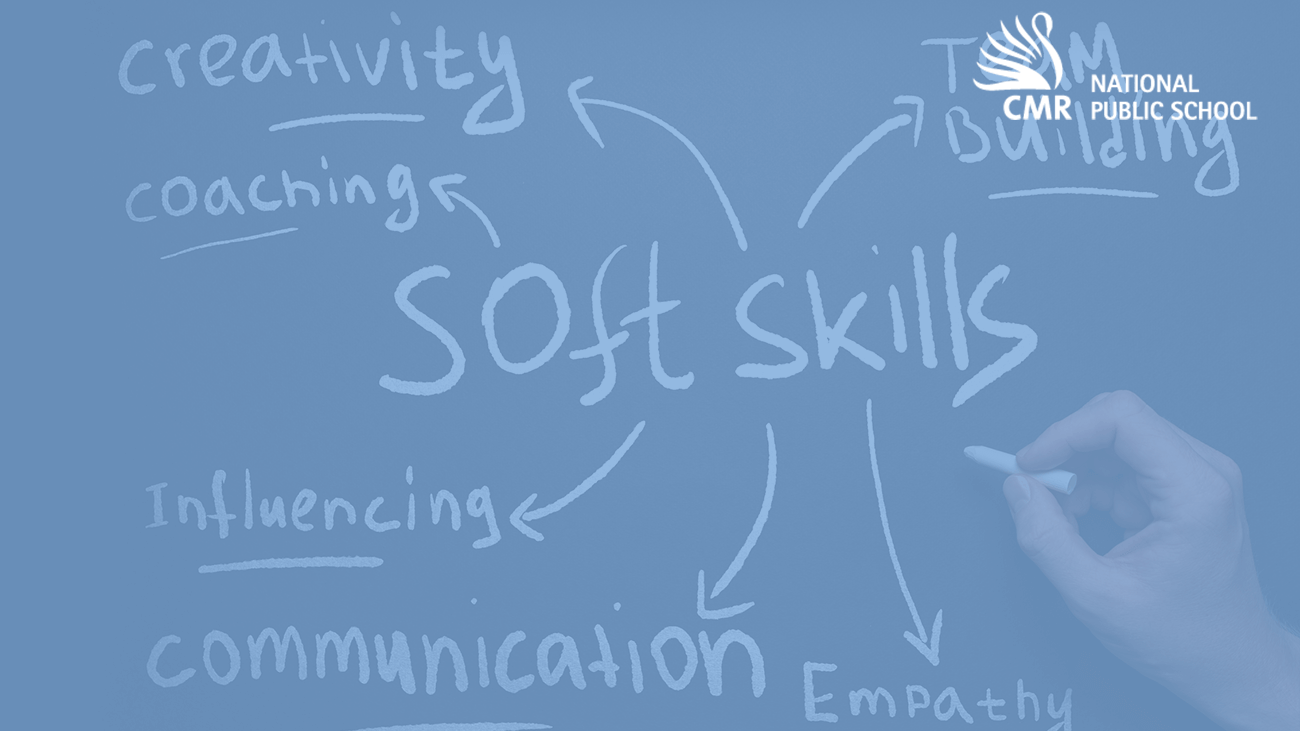Raising an only child during Pandemic!
With playdates canceled and school now virtual, solely young children are experiencing isolation at a formative time – However they cope, depends on their personality. If you suspect the negative stereotypes, only children are innately insular and maladjusted. If you believe the science, practically no developmental differences exist between only children and kids used to squalling with siblings. But when it comes to how only children are weathering social isolation during the Covid-19 pandemic, it’s onerous to grasp what to believe.
Are self-sustaining children unusually capable of hunkering down with their own company for months or, with playdates canceled and school on hiatus, is one really the loneliest number, after all? The answer (as you perhaps anticipated) hinges on the unique personality of every individual child. According to my, my child has yet to mention loneliness. Whereas my friend’s son, XYZ, a 12-year-old only child living in Bengaluru, has also been even-keeled throughout quarantine. Sure, he found seeing all his friends canceling their birthday parties reasonably unhappy, but on the other hand, he’s been using his extra time to take up photography. “It’s a little bit hard being an only child during lockdown because I only have myself to hang out with,” he admits.
According to the child, clinical psychologist Dr. Henri-Lee Stalk, parents of only children need not worry too much about the long-term effects of childhood social isolation at this point. “We’re expecting that a lot of kids who are coming out of this [lockdown] will continue to be resilient and adaptive,” says Stalk. That’s especially true if parents are “modeling calmness and providing solid consistency and structure throughout their kids’ days” by communicating well with their child and striving to provide sufficient activities. Of course, it is difficult being your child’s sole friend and companion – particularly once you’re a parent juggling work, household responsibilities, and your own anxieties.
The biggest challenge for us as parents with an only kid is the entertainment factor which is definitely for me, to ensure I engage my 6-year-old child for the day.
Normally I would send my child to daycare to play with, or I am able to socialize with my friends who have kids, and now he doesn’t have any of that. So I feel bad. I’m like, OK, well, I’ll play with Legos, Twisters and Board Games or whatever it is. You know, after three hours of play, I am kind of done.
Only the older children can be quite capable of keeping themselves busy. “I’ve seen children with the age group of 11 and above happily turn a cardboard box into an owl costume – a two-hour project that they can complete on their own, while the mother takes care of household chores. But that’s not to say older kids are necessarily having an easier time with all this – in fact, kids in their preteens and up are “potentially the age group that would have the hardest time being away from their friends, because friends play such a big role in their life at that age, as they’re understanding their identities as individuals apart from their families”.
Because maintaining friendships is important for older children, parents support whatever methods of socialization their kids gravitate towards. For an older child, that looked like playing a lot more Call of Duty. But it’s kind of amazing that he has never had any interest in video games before and just realized all of his friends were there playing together. So he’s like, OK, I’m going to play some video games.”
Although children are typically resilient, psychological state and behavioral issues can be exacerbated by the stress, strangeness, and stagnation of the pandemic. “If you have got a child with a tendency to be more socially anxious around their peers, we would expect that their anxiety would potentially worsen with less peer exposure. The same goes for a child who is additionally susceptible to low mood or at risk of depression.
Some children may develop new behaviors while sheltering in place – for example, a child who is regularly a very happy kid has become a bit anxious. “You can’t leave the room now without her panicking when before, she really wouldn’t care. It’s perfectly normal for children with no history of behavioral issues to express unprecedented anxiety, anger, or sadness in response to the stresses of lockdown. Fortunately, kids will probably recover from such feelings within a few months of resuming their regular social patterns.
Whether they have siblings or not, kids today are coping with stress, strangeness, and isolation during a formative time.
One day, they will tell us exactly what kind of an impact the pandemic had on their lives. Now that is something I would like to hear not just from a child but from an adult too.
Question to ponder on:
- Is it the child who’s just been tormented by the Pandemic or is it all people here?
- This is a universal crisis and, for some children, the impact will be lifelong. Will it?
- Children’s Health and Well Being During the Coronavirus Pandemic is it being affected?
By, Mrs. Parinitha Shetty, CCA Coordinator




